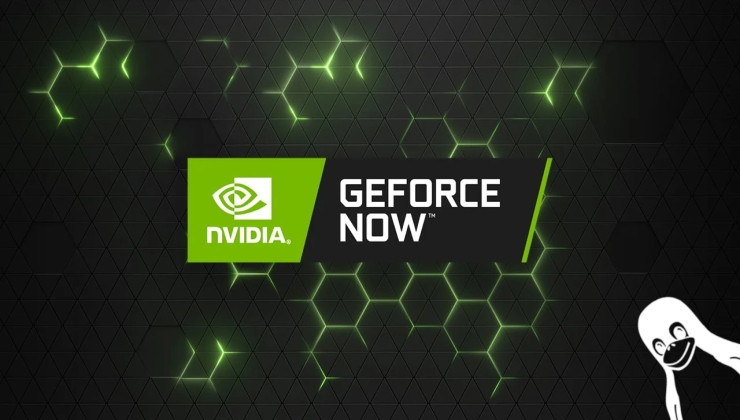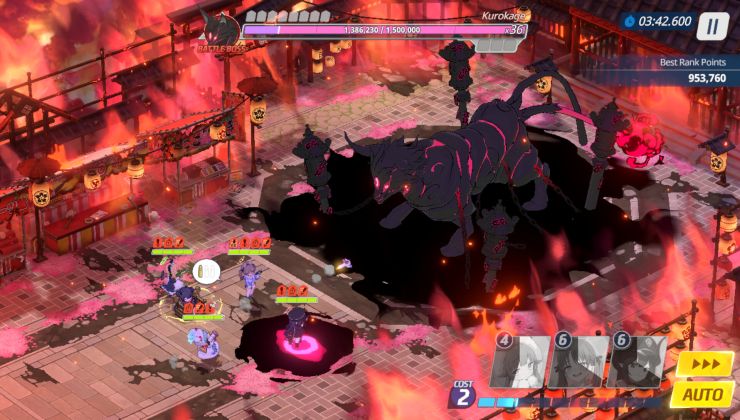A lot of game developer still worry about being more open with their code but it seems Terry Cavanagh (VVVVVV, Super Hexagon, Dicey Dungeons) believes it was worth it.
There are certain legitimate reasons to worry about going all-in with open source, but we're not here to debate that. Plenty of developers have warmed up to the idea of open source over the last few years, with Cavanagh now being amongst them. Cavanagh opened up the source code to their puzzle-platformer VVVVVV back in early 2020.
Now on the 11th anniversary of VVVVVV's launch, Cavanagh has a fresh blog post up to go over a previous Game Jam but they also gave some thoughts on the source code drop too. It's worth pointing out though, the code is open but not under a proper OSI-approved open source license. It's certainly a good step though!
So what happened? Well they accepted and merged over 400 pull requests from the community, which will result in a big new release of the game later this year. They got a port to the Dreamcast, the Haiku operating system and there's also a webassembly port now too.
Summing up their thoughts on opening the code, Cavanagh said "So, I guess for other game developers thinking about doing this, here’s a data point! Only good things have happened. This whole thing has been a really positive experience, and I’m really glad I did it.".
Nice to see such a healthy experience!
I have more tolerance for commercial stuff having open but not OSI or FSF licence -it probably wouldn't be open otherwise- than for non commercial code that don't have an OSI or FSF licence.
For example, in one case, German courts decided that using a CC-BY-NC photo in an article on the website Deutschlandradio, a non-profit German public broadcaster (readable free of charge, no ads, no sponsoring), is commercial use. According to the court, non-commercial solely means personal use, which a broadcaster website is not.
The rest of the license is okay from my lay knowledge, obviously taking inspiration from the BSD licenses.
Doesn't mean it can't be patched and developed further, of course.
But it's still a different beast than something like KeeperRL and Mindustry.
Generally speaking, I think open sourcing your game is advantageous, but there are exceptions:
I wouldn't do it if there were parts of a game that in themselves posess monetary value - e.g. the creator of Dwarf Fortress has wisely not opened the source code (instead that will happen once he dies) as he knows very well the world creation algorithm alone would probably be worth a lot of money to some people.
That's not a very common problem, though, I think most games "just" combine known pieces in new ways.
Obviously, if there is a security component (e.g. servers for multiplayer or MMO games), it is probably unwise to open up code, as it will make it much easier to find exploits.
By now I think the myth that people will no longer buy a game when they can "just build it themselves" has been debunked - most people just don't have the required knowledge for that. If building a game ever became a thing as easy as opening a PDF, this might change, though.
Anyway, despite not being true, I think many devs still believe it is.
I also wouldn't do it if I thought the code was trash and opening it up would embarass me - honestly I think this might be the primary reason a lot of developers don't do it even if the other reasons don't hold true for them.
Personally, I think that most code is badly written anyway so it doesn't make much of a difference if some of my own is badly written as well :whistle:
Last edited by TheSHEEEP on 11 Jan 2021 at 12:35 pm UTC
Kudos and Thank you to Mr. Cavanagh for acting on his convictions and sharing his creation with the world.
Last edited by Nanobang on 11 Jan 2021 at 3:33 pm UTC
Quoting: RandomizedKirbyTree47I'm a fan of VVVVVV and Terry Cavanagh's other games so I am looking forward to the next release.Once upon a time, when I only had a linux potato laptop, 2 games helped me to survive a vacation:
1. VVVVVV
2. Gemini Rue
Two great linux games I can recommend :grin:
Last edited by dude on 11 Jan 2021 at 4:45 pm UTC
Quoting: TheSHEEEPObviously, if there is a security component (e.g. servers for multiplayer or MMO games), it is probably unwise to open up code, as it will make it much easier to find exploits.Conventional wisdom is rather that open-sourcing leads to safer, not more easily attacked, code. Not sure though how this translates to MMO servers; It is usually stated in the context of trusting the security of a platform in terms of correctly used encryption etc.
Quoting: KlausFor third partly libraries, certainly.Quoting: TheSHEEEPObviously, if there is a security component (e.g. servers for multiplayer or MMO games), it is probably unwise to open up code, as it will make it much easier to find exploits.Conventional wisdom is rather that open-sourcing leads to safer, not more easily attacked, code. Not sure though how this translates to MMO servers; It is usually stated in the context of trusting the security of a platform in terms of correctly used encryption etc.
Something like OpenSSH greatly benefits from being open source.
But that is because the people using it have an increased interest in its continued improvement.
If you open sourced some (in-use!) MMO server code, you'd be pretty much the only user.
And the only people with any real interest in the code would be those looking at it for various reasons (including finding exploits that they won't disclose).
I don't know who would even have an interest in improving server source code of a running MMO beyond the extremely small cross-section of heavy users that can code and have the time and interest to code on that particular thing.
You might get lucky to catch the interest of some capable being who reports some security issues.
You might get unlucky to catch the interest of some capable being who absuses some security issues.
Not a decision I'd make if I ran the business.
Last edited by TheSHEEEP on 13 Jan 2021 at 9:02 am UTC
i cant be sure that developing one in open source works...
its easier to find help if you already have an fanbase and already profited from an minimum viable product.











 How to setup OpenMW for modern Morrowind on Linux / SteamOS and Steam Deck
How to setup OpenMW for modern Morrowind on Linux / SteamOS and Steam Deck How to install Hollow Knight: Silksong mods on Linux, SteamOS and Steam Deck
How to install Hollow Knight: Silksong mods on Linux, SteamOS and Steam Deck